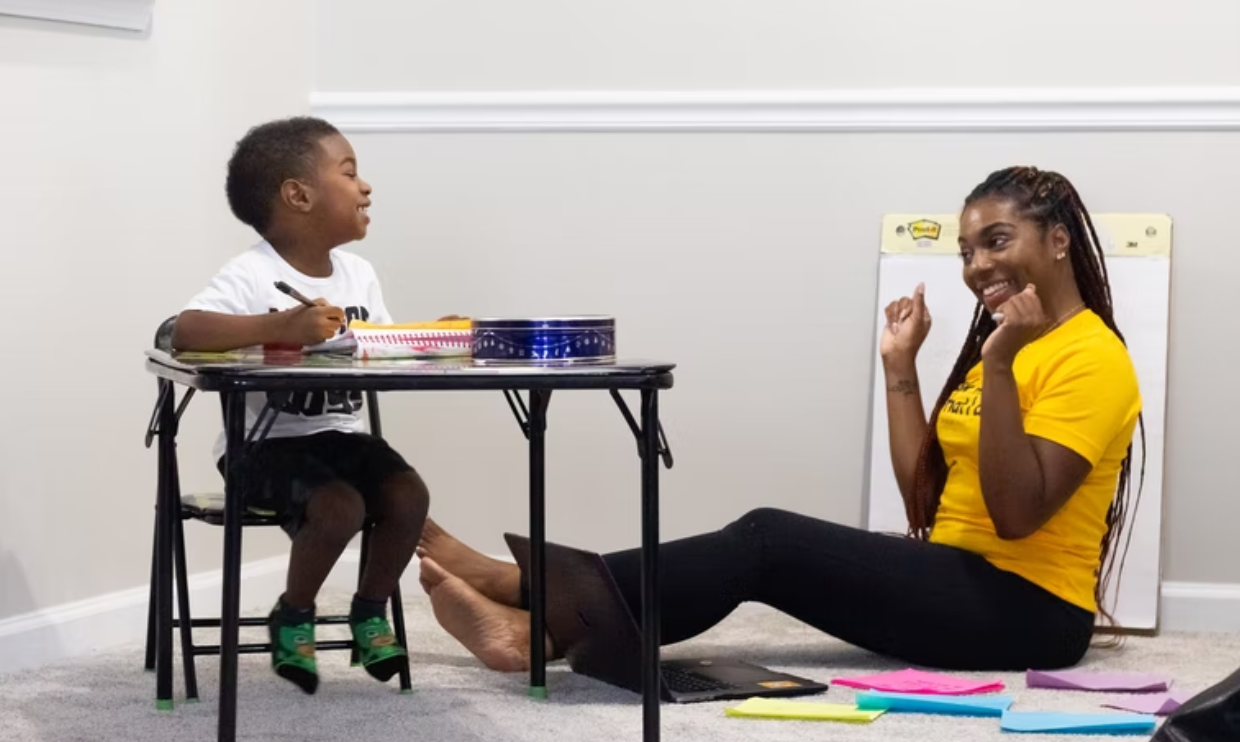
In an ideal world, every IEP meeting would be collaborative and strength-based. That’s not always the case, and it’s good to be prepared for potential red flags, especially since it’s easy to second guess your instincts when experts are presenting their perspectives. Education advocate Lisa Carey shares six common red flags to watch for when going over the different parts of the IEP.
Gain access to Undivided’s comprehensive resources and receive our weekly newsletter.
1. Overly negative “present levels”
The present levels of performance describe a child’s current abilities, strengths, and needs or challenges, and are an important component of an IEP. An overly negative present levels focus from any member of the IEP team is a red flag. Carey described an IEP meeting where the teacher spent a lot of time talking about the child’s behavioral difficulties. “At the end of her present levels, I looked at my recording. She spent 30 seconds sharing the child’s strengths, and nine and a half minutes talking about everything that the child was not doing well. It was soul-crushing,” said Carey. If you feel there is a negative imbalance, speak up. For example, Carey suggests finding a polite way to say, “Is there really only 30 seconds of good you can share about my kid? Because I assure you, there’s more.”
2. Vague statements
Present levels should reflect specific accomplishments and struggles—data-driven documentation that allows the team to assess progress from year to year. For example, if a team member makes statements indicating that your child “is a kind of member of the class” or “loves to help,” ask for specific details that can be tracked and measured, notes Carey. For example, if a teacher says that the child loves to help, ask what that means. Who are they helping—the teachers, the other students? How are they stepping in to help?
3. Unmet goals
Carey notes that it’s a red flag if the majority of the previous year’s goals weren’t met or were only partially met. She recommends asking if the team has ideas for what went wrong and why the goals weren’t met. It’s the IEP team’s responsibility to figure out what needs to be done to help kids progress, so if goals haven’t been met, it should lead to a discussion about what other supports might be needed.
4. New or ill-fitting goals
Because the need for a particular goal should have been reflected in the present levels, it could be problematic if a new goal is proposed out of the blue. Goals that are too narrow or too broad can also be problematic. Check out our guide to IEP goals to learn how to write appropriately challenging IEP goals.
5. Related services
One thing to watch for when discussing related services for your child is whether a service is written as a consult only. Carey notes that sometimes this scenario is appropriate for your child’s needs, but it’s important to understand what a consult-only scenario means. “The provider may not actually see or interact with your child at all; they’re available to the teacher should the teacher need some suggestions or troubleshoot something that might be going on,” noted Carey.
6. IEP meeting attendance
In some cases—for example, if team members such as the adaptive physical education teacher or physical therapist have already addressed your concerns—it’s fine to excuse IEP team members from a meeting. But attendance is critical if you’re discussing placement. “If you’re going to be arguing against the placement the school wants, or trying to get a different placement, you want to have the team there,” said Carey.
Carey encourages families to not feel pressured to excuse IEP team members from meetings. “If you’re not sure that you might need them, ask them to stay. And if they really can’t, then ask for a part two or part three.” There’s no time limit to complete the IEP and it’s important to make sure all your concerns are addressed.
As you’re preparing for your IEP, be sure to check out The Ultimate Checklist for IEP Prep. We also recommend you download our free IEP prep packet, which will help you prepare for your next IEP meeting and advocate for your child with confidence.
Join the Undivided Community to get more resources like this in your inbox
100% free | Curated for you

A Navigator is your Partner at each turn
*Currently offering Navigator Kickstarts to residents of California






